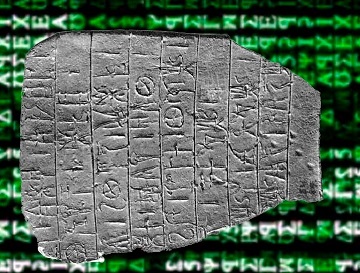
Signed today, 18 February 2016, at the prestigious headquarters of the Conference of Italian University Rectors, by the President of the DiCultHer Network School, Prof. Gianmaria Ajani, Rector of the University of Turin and by Dr. Caterina Bon Valsassina, Director General Education and Research of the MiBACT, an important memorandum of understanding. The DG-ER-DiCultHer protocol is aimed at the implementation of training methodologies and paths for the acquisition of skills in the field of digital cultural heritage.
Furthermore, it was created to guarantee context and implementation developments for the 'right of every citizen to be educated in the knowledge and responsible use of cultural heritage'. A heritage which, in addition to enabling processes of identity construction, citizenship education and the promotion of intercultural dialogue, is increasingly also a driving force for development. A strategic resource in contributing, also through digital technology, to new ways of sharing knowledge.
A significant commitment both for the Management and for the DiCultHer Network School - specified the General Manager, Dr. Bon Valsassina - called to collaborate - in compliance with the principles and contents of Art. 9 of the Constitution and together with the various institutional subjects and the educational services of the places of culture of the MiBACT - to the design of the national training and education system for cultural heritage, thanks to the identification of shared interventions for the development of sector knowledge, for the professional updating and to bring the different types of public (school, adult, with special needs, etc.) closer to the national and European cultural and scientific heritage.
A significant acknowledgment for the School – as the President, Prof. Ajani reiterated once again – designed to support the training of skills in Digital Cultural Heritage, the integration between disciplinary areas, the conservation and protection of cultural heritage.
It is a moment of cooperative comparison able to follow up – through the implementation of contexts aimed at promoting cultural 'ownership' and engagement, especially among young people – to the creation of a digital knowledge design system applied to education for heritage and gifted with 'creativity'. A governance tool to address, through the conscious use of digital and innovative approaches, the safeguarding, participatory access and management of places of culture.
